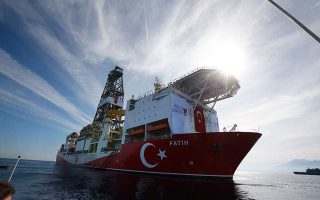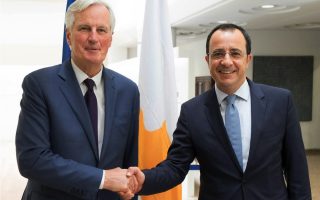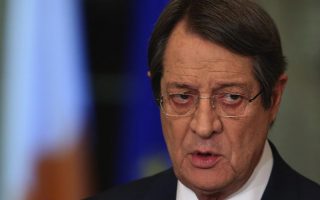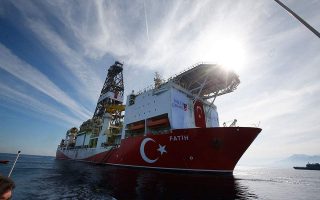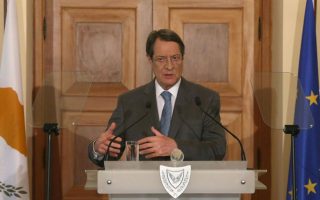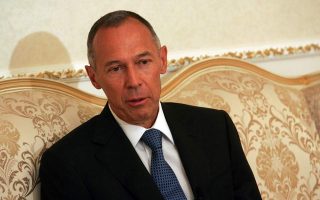Brussels issues warning but Ankara remains defiant
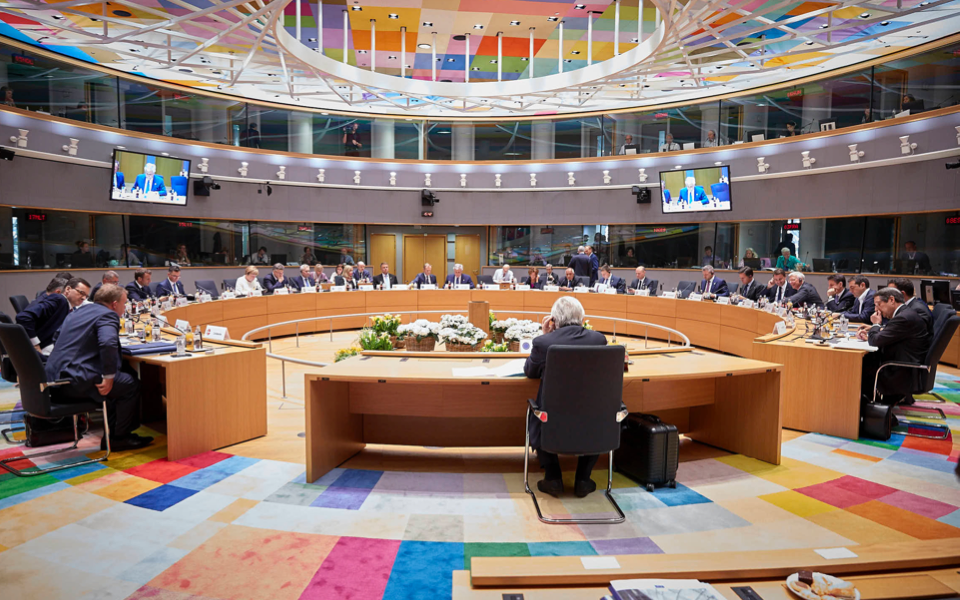
European Union leaders expressed their solidarity with and full support for Cyprus on Thursday over Turkey’s illegal drilling activities by its Fatih vessel within the island’s exclusive economic zone (EEZ), and called for measures to be taken against Ankara, which however remained defiant.
“Concerning Turkey’s continued illegal drilling activities in the Eastern Mediterranean, the EU will, as set out in the Council conclusions of 18 June 2019, closely monitor developments and stands ready to respond appropriately and in full solidarity with Cyprus,” the European Council stated, vowing to consider “targeted measures.”
Moreover, it lauded the invitation by the General Affairs Council (GAC) to the European Commission and the European External Action Service (EEAS) to submit options for “appropriate measures without delay.”
Speaking to reporters, European Commission President Jean-Claude Juncker warned Ankara that it could expect a tough response.
“We are in full solidarity with Cyprus. What Turkey is doing in the territorial waters of Cyprus is totally unacceptable […] The commission has been charged to propose measures to be taken as soon as possible when it comes to this conflict and we'll do so, and these will not be soft measures,” Juncker said.
It remains unclear what these measures will actually be. According to sources in Brussels, the measures could entail the continuation of the freeze on pre-EU accession funds to Turkey and custom union negotiations, but also the imposition of sanctions on individuals and companies that are involved in Turkey’s drilling activities.
However, these measures are no more than proposals and their implementation will require the approval of EU member-states.
The feeling in Brussels is that the approval of sanctions against individuals and companies will be a tall order because, despite the negative climate regarding Turkey, most member-states believe the door of EU accession to Ankara should remain open. And this is why the measures being examined do not include a freeze on funds for Turkey to deal with the migration crisis.
The unveiling of whatever measures are decided is expected in the coming weeks and almost certainly before the August summer vacations.
Turkey however appeared anything but willing to comply with European calls on Thursday as a second drillship, the Yavuz, departed from the port of Dilovasi outside Istanbul, destined for an area near the peninsula of Karpasia in northern Cyprus, where it is scheduled to begin drilling activities in July.
Turkish Energy Minister Fatih Donmez, who addressed the launch ceremony for the vessel alongside Turkish Petroleum Corporation general manager Melih Han Bilgin, issued a warning to what he described as “external actors” cooperating with the Cypriot government not to pursue “illusions” that will not yield results.
According to Donmez, the Yavuz will remain in the area for three months and will operate in a borehole at a depth of 3,300 meters. The Associated Press said its area of operation will be at a distance of 40 miles from the Fatih.
Meanwhile, ahead of Thursday’s summit, Cyprus President Nicos Anastasiades met with European Council President Donald Tusk and briefed him on the situation, as well as on Ankara’s stated plans to settle the fenced-off town of Varosha in occupied northern Cyprus.
After the meeting, Tusk said that he expected the European Council to confirm its full solidarity with Cyprus and its readiness to respond appropriately.
